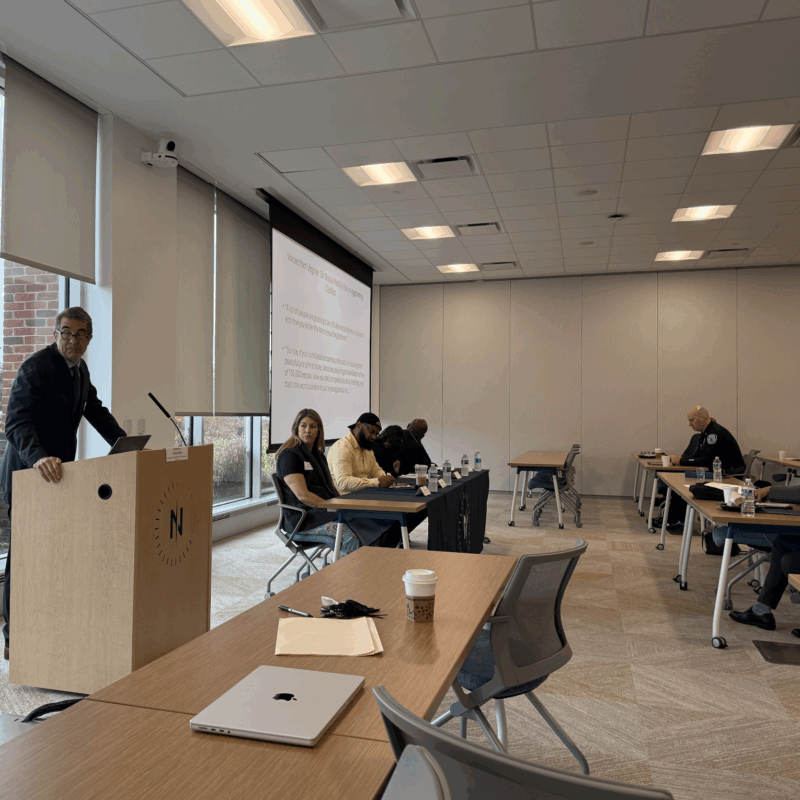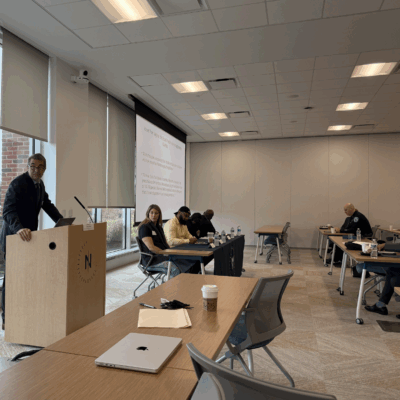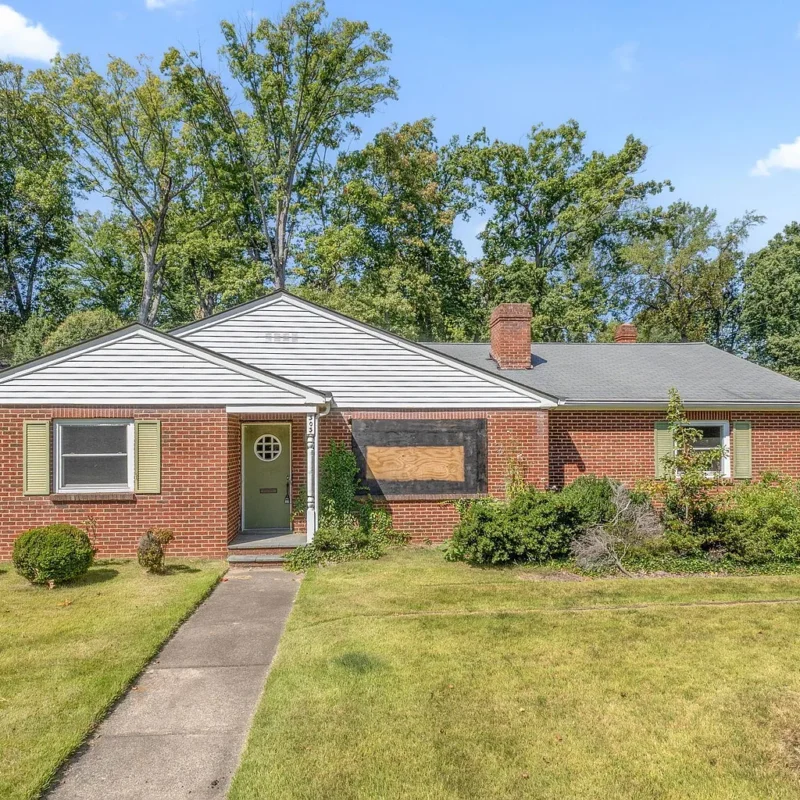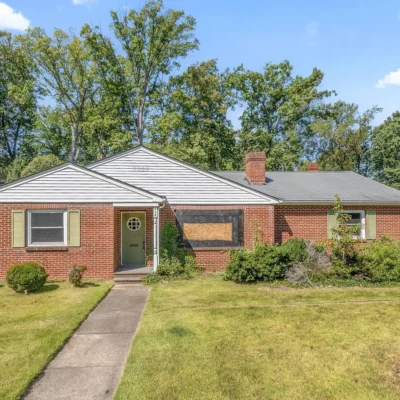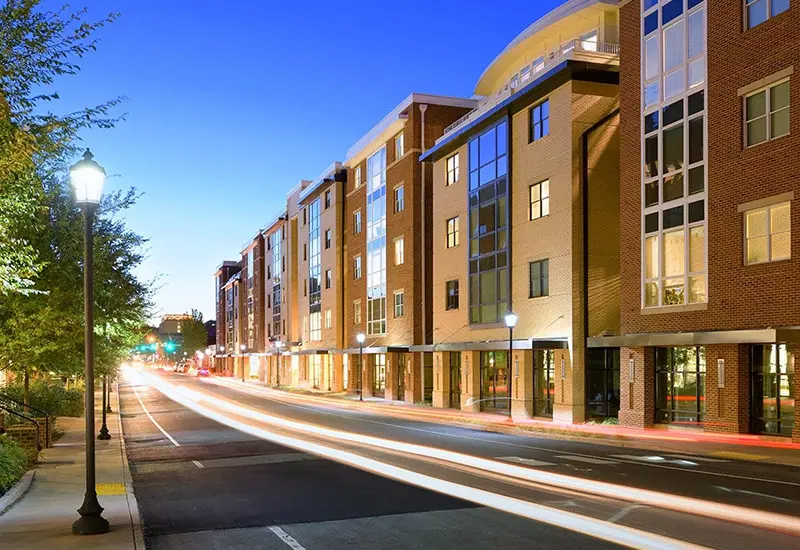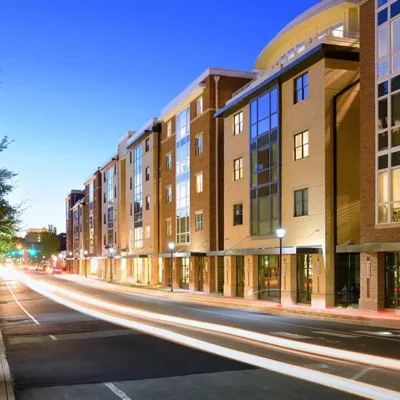After years of committees, plans and stalemates on mountain protection policies, the County Board of Supervisors (www.albemarle.org) finally seems to have come to a consensus on a plan that would extend building restrictions not only to the mountainous areas but across the rural areas as
a whole.
The decision took a few hours on the tractor.
 At a recent work session, County Supervisor David Wyant swung to supporting increased rural area building restrictions. "When I ride on my tractor, I’ve been thinking about this," Wyant says. |
Three of six board members—Sally Thomas, Dennis Rooker and David Slutzky—have long approved such measures, but none of the remaining board members voiced publicly that they were of like mind. That is until a January 10 work session where David Wyant gave his support to countywide restrictions—such as banning driveway building on critical slopes, enforcing more detailed preconstruction plans and giving wider building berth to streams.
Wyant works the land for horse and cattle farming. “As I ride around on my tractor, there’s not much besides the noise of the tractor, you really don’t have all that interference. And I really kept thinking, ‘What’s the best for our county and future, how to protect the water, to be environmentally conscious
individuals?’”
When Wyant voiced the answer he came to, that restrictions should be applied countywide, his decision caught many off guard. “I’m still in shock,” said Morgan Butler of the Southern Environmental Law Center (www.southernenvironment.org) following the meeting. Butler cautioned, however, that a final vote had yet to be taken.
Yet even Ken Boyd—perhaps the most vociferous supervisor on property rights issues—might go along with it. Though he says he’s reserving final judgment until he hears from the public, Boyd says that if it makes sense for the mountain tops, it should make sense for the rural areas, too. Applying the restrictions across the board is also easier for County staff, who won’t have to draw up separate zoning for the mountain areas.
These measures won’t slow down development in the rural areas, says Thomas. “If we’ve given up on phasing and clustering and are thinking that we’re just going to be open season on development in the rural area, then it’s all the more important to try to protect some of our natural resources while this development takes place.”
